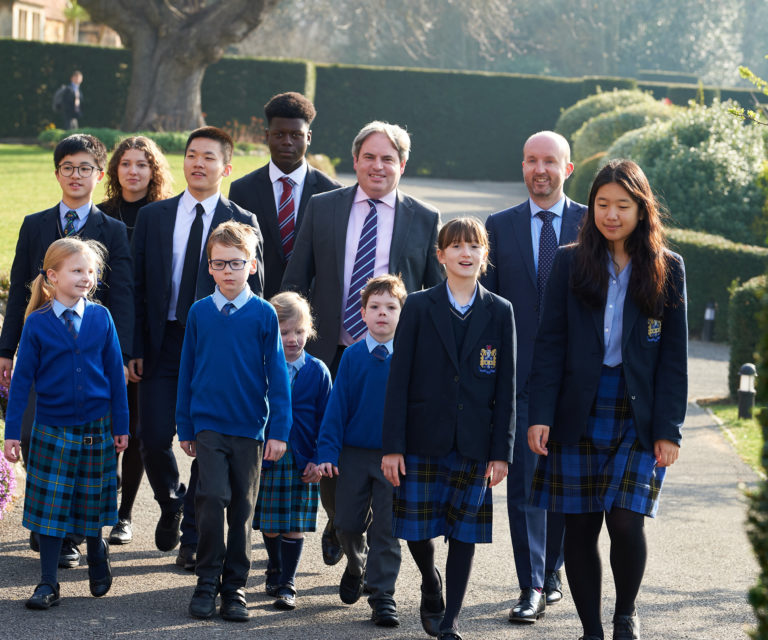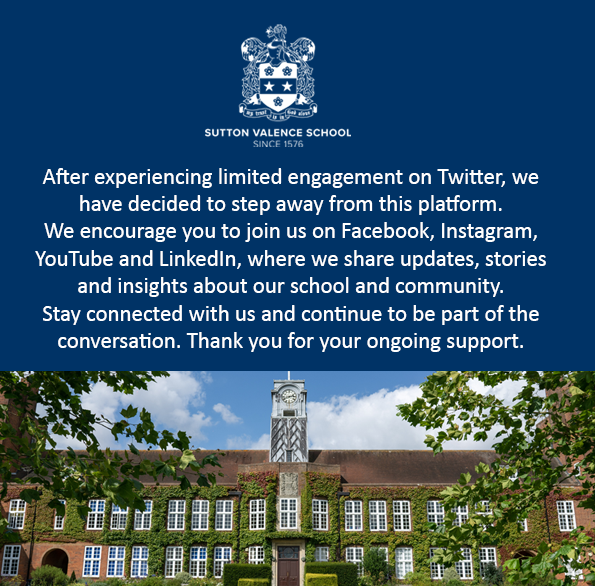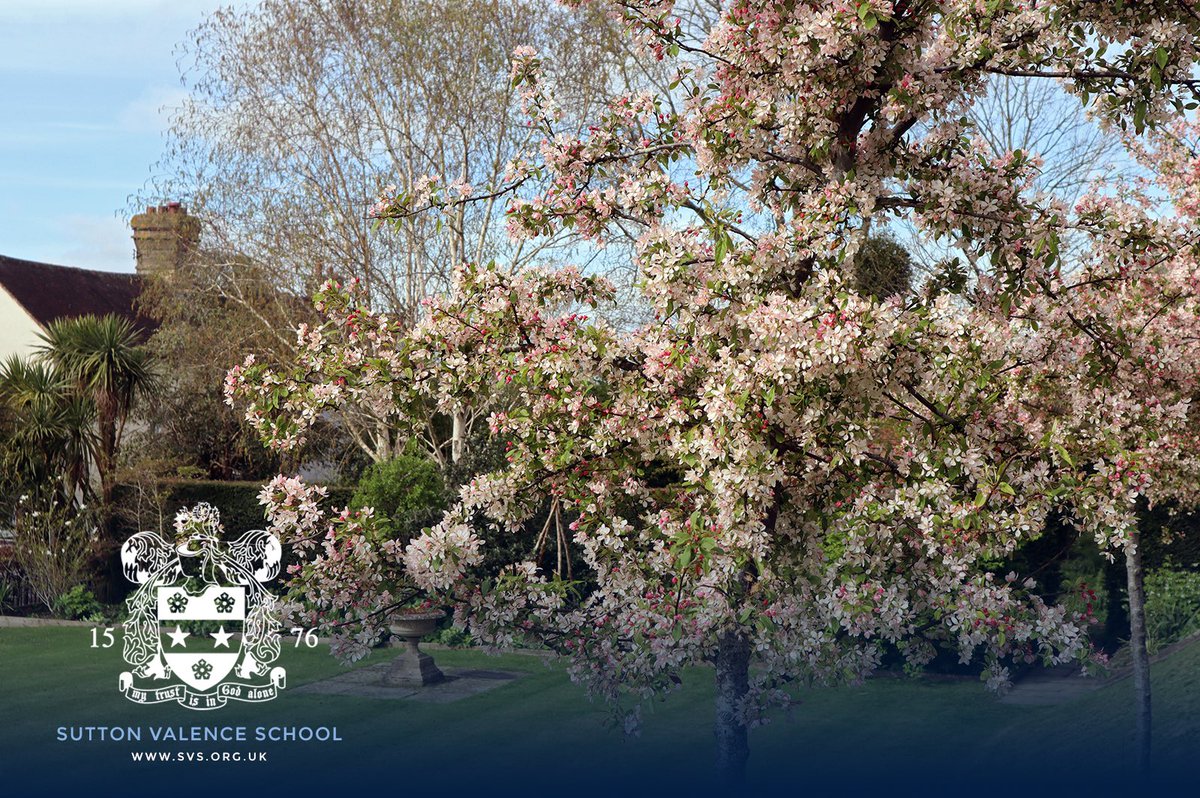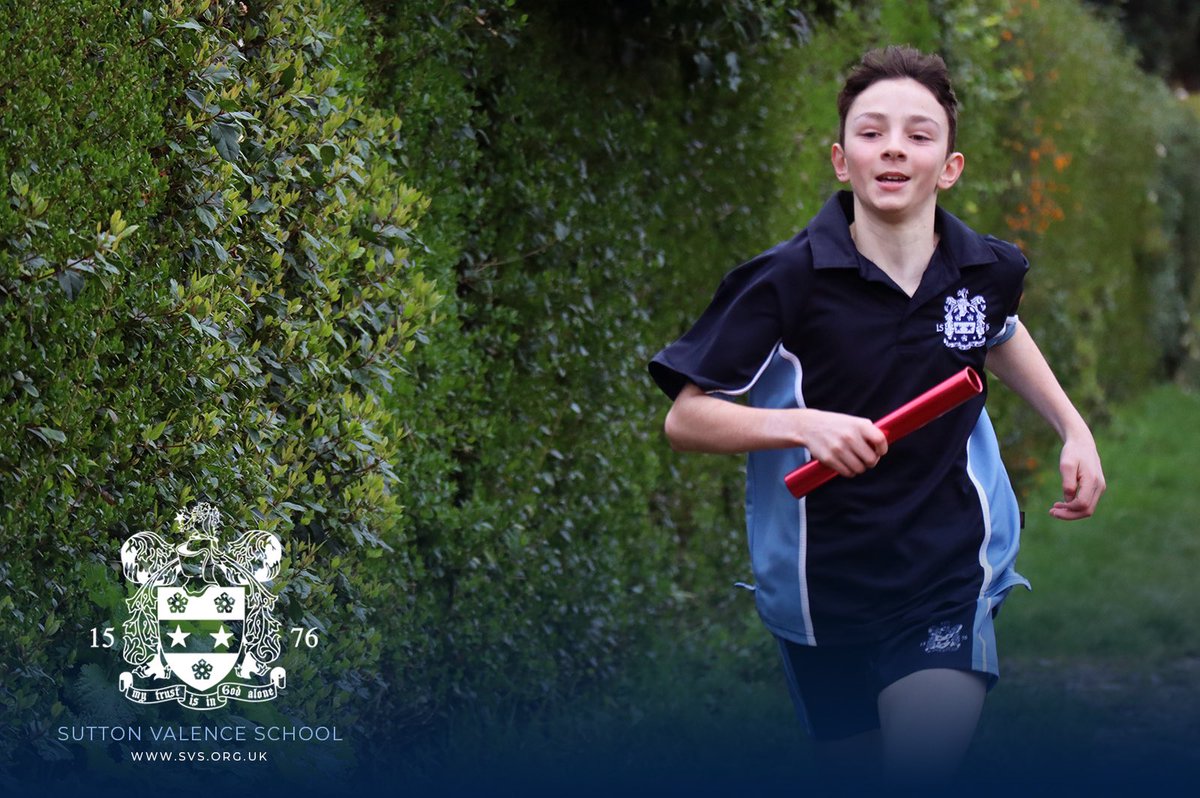I have decided that this term has been a bit like algebra. With all of us facing a myriad of problems, often new and daunting, we then must seek the possible solutions to solve them.
As is true with Mathematics, sometimes you have to accept that there may be more than one solution, often you have to refer to examples, for guidance and understanding. Sometimes, you have to take a calculated risk and get it wrong, just so you can find out why it was wrong and how to get it right.
This analogy came to me because Year 5 have been looking at algebra in their Mathematics lessons this week, expanding brackets and simplifying expressions.
For example:
Expand and simplify 2(3y +1) -5(2y -3)
Why expand and then simplify, you might ask? Surely, this is a contradiction? Indeed, why do algebra at all? Learning how to learn and having an awareness of personal learning styles is essential in preparing our children for the lives that they will live in the future and the challenges that this will undoubtedly bring. As teachers, we know that our children do not necessarily need to learn algebra for their future careers; I’m not sure that as adults we ever need to solve a simultaneous equation or simplify an expression. However, what we do have to engage in on a daily, sometimes hourly, basis is problem-solving. Metacognition is the ability to examine how you process thoughts and feelings. This ability encourages children to understand how they learn best. It also helps them to develop self-awareness skills that become important as they get older.
Children who have developed metacognition can assess their thought processes and reframe the way they think to adapt to new situations. Using metacognition, children gain an understanding of the situations, processes and methods that work best for them. They may discover that a technique that works for someone else doesn’t work for them. Through the process of trial and error, children succeed in some methods and fail in others before trying again. The better able a child is to understand how he or she learns, remembers and processes information, the more information he or she will ultimately retain and understand.
Children learn both factual knowledge and how to do something in their lessons. The combination of knowledge, together with the skills of how to problem solve, is what prepares them for the rigours of their future adult lives.
Algebra is a perfect example where both factual knowledge and conceptual understanding come into play. One must follow the ‘rule’ to expand the contents of the brackets first, exposing the expression in its entirety, before then simplifying it and reducing it to satisfy the question. As teachers in our Zoom lessons, we ‘model’ scenarios for the children, to help them explore processes and solutions and, therefore, allow them to apply these to new and challenging situations.
Indeed, in the same way, we, as a School, had to expand and then simplify in the face of the Coronavirus crisis, so too do our children in their lessons on their SVPS Virtual Learning Journey. Our role, as teachers and parents, is to ensure that while there is a lot of ‘stuff’ to teach in a day, we also recognise that our children need time to reflect on their learning processes so that in turn, they can develop the skills to complete tasks more efficiently, independently and successfully.
By the way, when you expand and simplify the expression, you end up with -4y +17 !
Mrs Harrision
Academic Deputy Head





